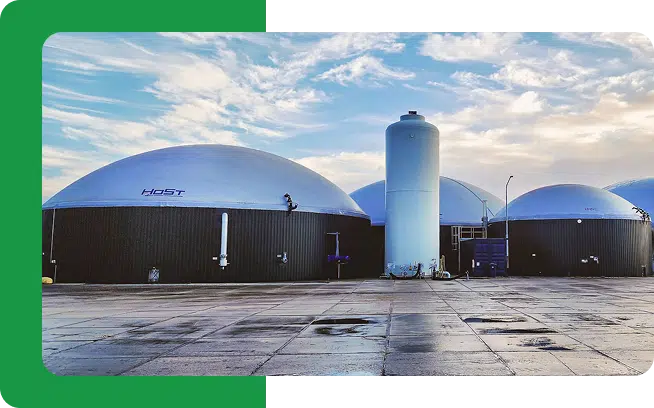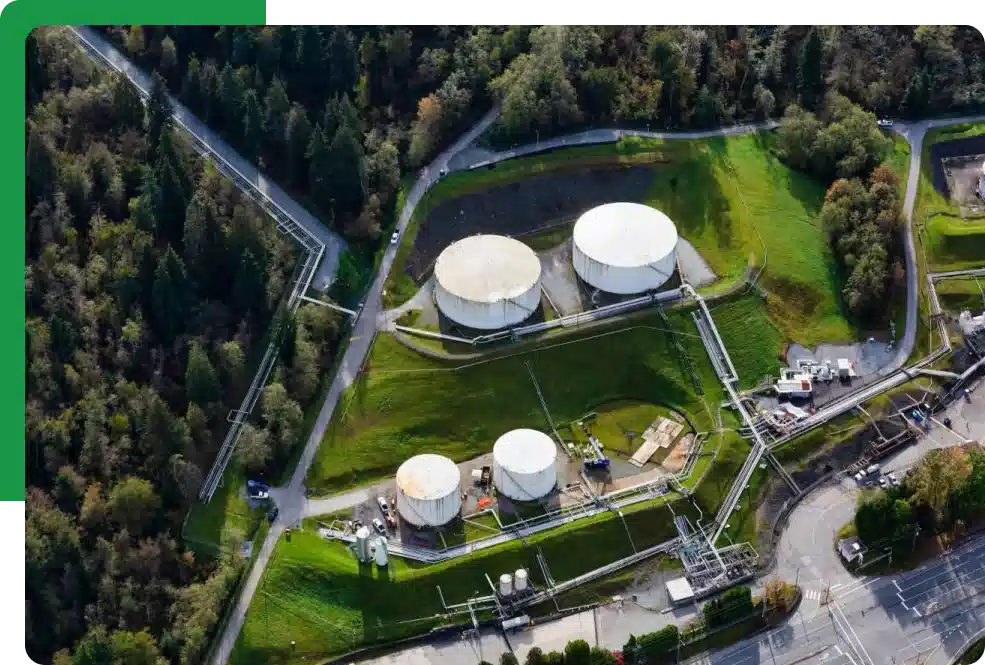Welcome To CRecTech
Breakthrough Catalytic Technology
In renewable bio-methanol production
Backed & recognised by
- NUS GRIP
- Startup SG Founder
- SGInnovate
- Temasek
- Breakthrough Energy
- Enterprise Singapore
- Shell StartUp Engine
- BLOCK71 NUS Enterprise
- PIER71
- A*STAR
- In Group Holdings

Our Revolutionary Technology
Our novel CRecREFTM catalyst reduces biogas to methanol conversion method from conventional 4 steps to just 2 steps, significantly lowering capital and operating costs to achieve favourable return on investment.
Read More →
Our Vision
Turning Waste to Worth
Recycling and reconstituting waste biogas to sustainable and viable carbon neutral bio-methanol.
Read More →Our Unique Systems
A total carbon recycle solution built for rapid deployment
Modular Design
Catalytic reactor housed in a shipping container for rapid plug-and-play deployment into existing plant resources.
Scalable Production
Baseline capacity of 10 kilo metric tonnes per annum, easily scalable and deployable across multiple locations.
Cost Efficient
Low CAPEX and OPEX model reducing dependence on imported energy and single-point production sources.
At CRecTech we strive to provide a total carbon recycle solution.
About US
CRecTech is a deep-tech startup from the National University of Singapore turning CO₂ into green bio-methanol, a sustainable marine fuel. Backed by global partners including Breakthrough Energy (founded by Bill Gates) and recognized in Forbes, CNBC, The Business Times, Manifold Times, we deliver affordable, scalable solutions to decarbonize shipping.
Read More →
From PhD to Startup: A Deep Tech Approach to Maritime Decarbonization
Dr. Kang Hui LIM, Co-founder and CEO of CRecTech